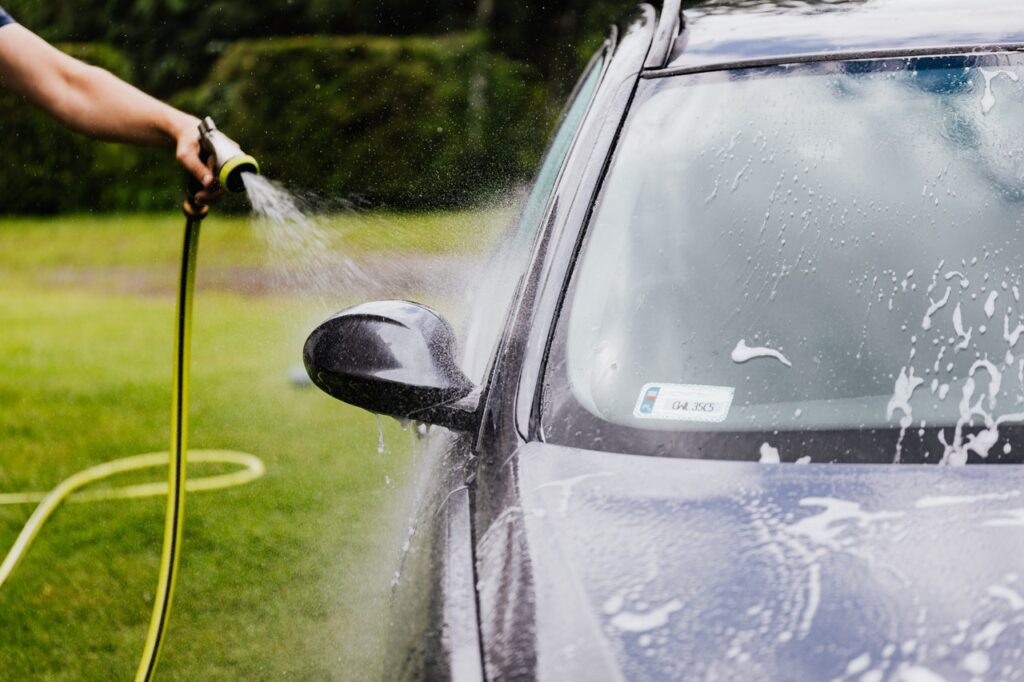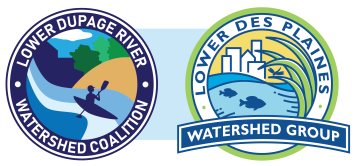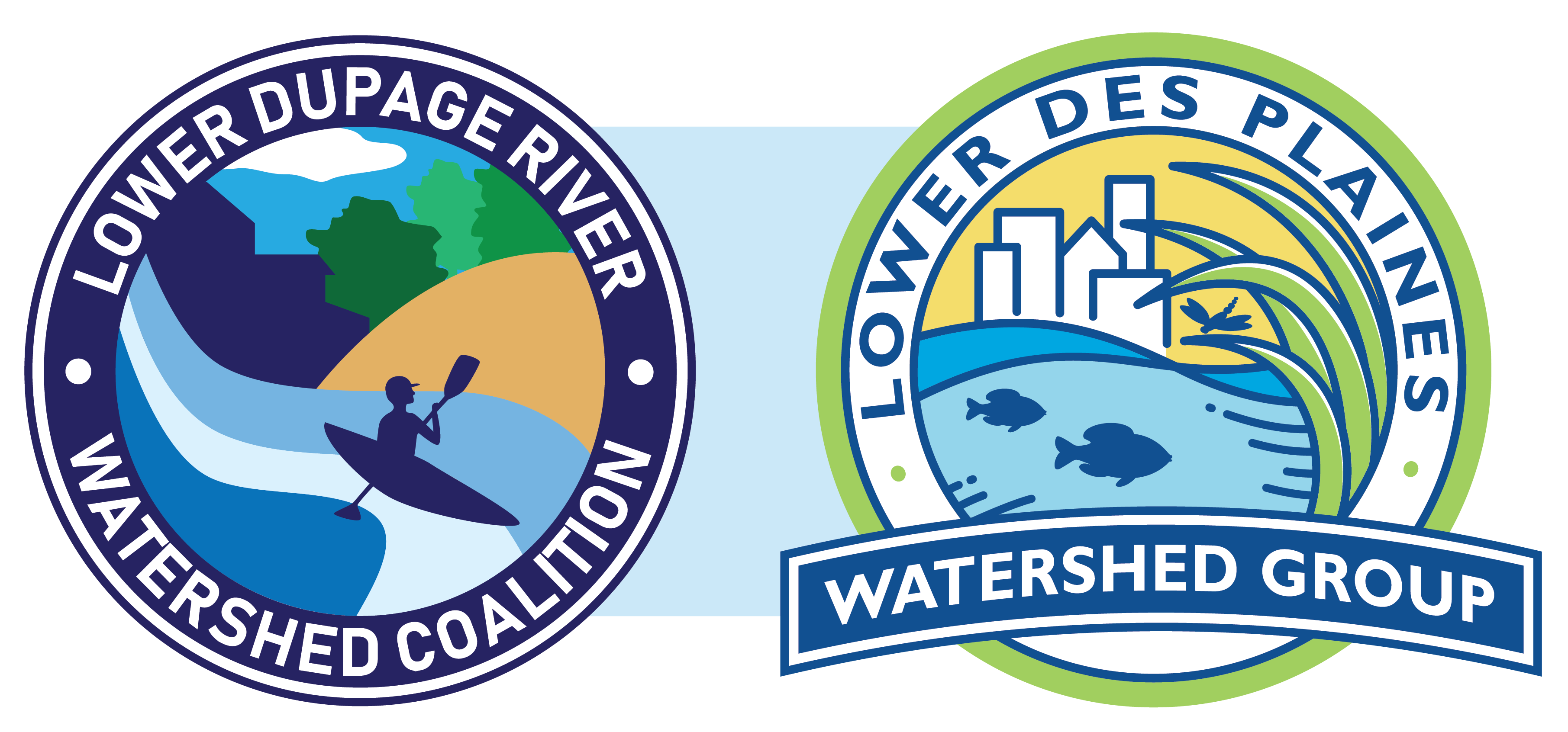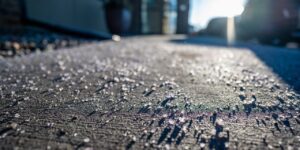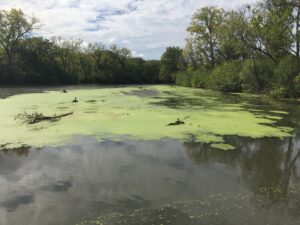Washing your car at home seems like a mundane enough activity—but it’s not without consequences. Not many people realize that when they wash the grime off their cars, they wash that grime (and the soap and detergents along with it) into a nearby river and stream. The dirty car wash water flows across your driveway and into a storm drain in the street. Unlike water that goes down household drains, water entering a storm drain is not treated at a wastewater treatment facility. Instead, the contaminated water discharges into a nearby river or stream.
Contaminants in Car Wash Wastewater Pollute Rivers
Dirty water coming off your car contains substances we don’t want in rivers and streams. Car wash wastewater may include…
- Dirt
- Oil and grease
- Heavy metals, typically from rust and brake pad wear
- Exhaust fume residue
- Soap, detergent, or solvents used to clean the car
Water that enters storm drains is directed right into local rivers and streams—not to a water treatment facility. Therefore, all the pollutants get into waterways and affect the fish, mussels, aquatic bugs, and other organisms living there.

Then the question is, can we have a clean car and clean, healthy waterways at the same time?
Yes, Clean Cars and Clean Waterways are Possible
The best alternative is to opt for a commercial car wash, either the full service or the DIY kind. The Clean Water Act requires that car wash businesses send their dirty wash water to a sanitary sewer system. This water is then treated at a wastewater treatment facility before it is discharged into waterways. Commercial car washes also use significantly less water than washing a car at home with a hose and many filter and reuse their wash water.
Admittedly, you’ll have to spend a few more dollars for a commercial car wash. But, in addition to having a squeaky-clean car, you’ll conserve water and protect local rivers as well.
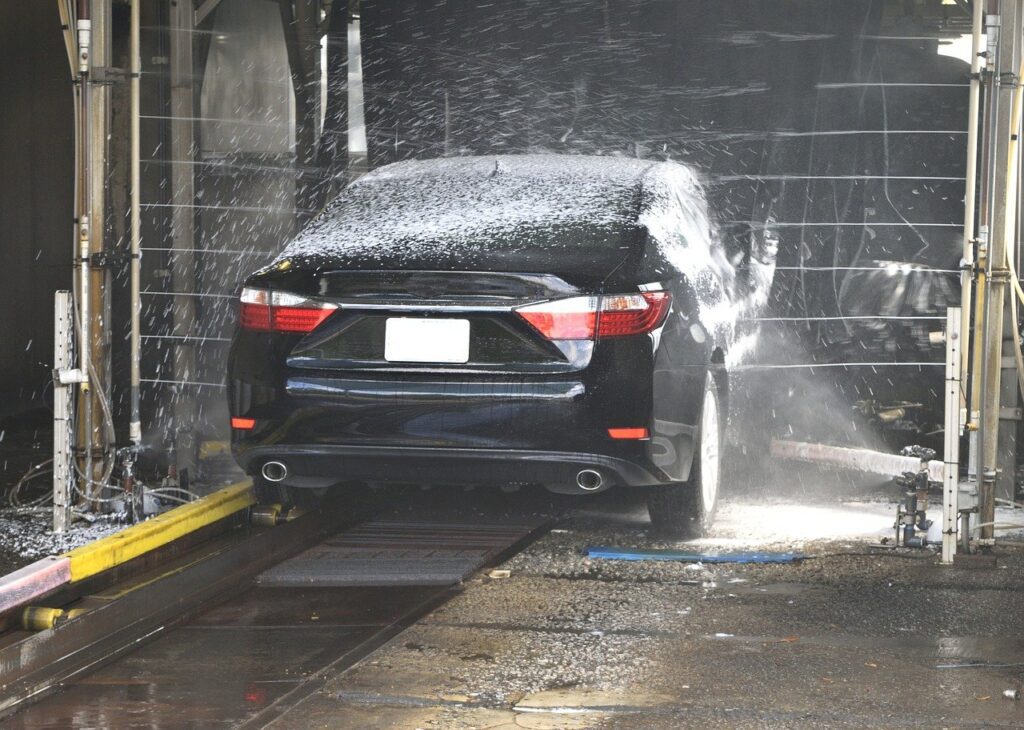

River-Friendly Tips for Washing Cars at Home
If you’re set on washing your car at home, you can lessen the impact on waterways in a few ways:
- Wash your car on the lawn or gravel. Unless your car is super dirty, wash water soaking into the lawn or gravel should be okay.
- Use phosphate-free, biodegradable cleaning products—and use the smallest amount needed to clean your car.
- Avoid solvent-based products and de-greasers.
- Conserve water and reduce runoff with a low-flow, auto-shutoff nozzle for your hose.
- If you are concerned about the dirtiest water left in your bucket, dump the dirty water down a household drain (like a sink or toilet) to send the water to the sanitary sewer system to be treated. Alternatively, you can dump the water onto a landscaped area (but not your vegetable garden) where the water will be absorbed into the ground, but this may affect your landscaping.
- If washing on pavement, divert wash water away from storm drains when possible. Re-direct the wash to lawn or landscaping.
- The first wash of the spring is still best done at the commercial car wash because of the potentially large amount of road salt stuck to your car.
To sum it up, using a commercial car wash is the most river-friendly way to clean your car. However, there are ways to reduce water pollution caused by car washing if you choose to wash your car at home. Whichever you choose, thank you for doing what you can to protect clean water in the rivers, streams, lakes, and ponds near you!
